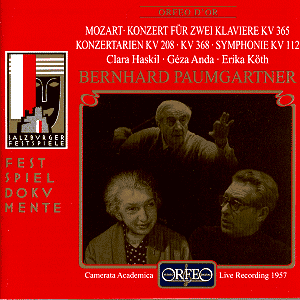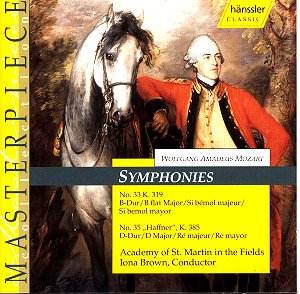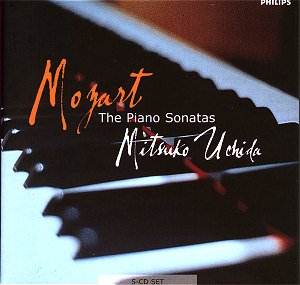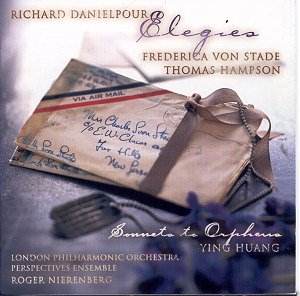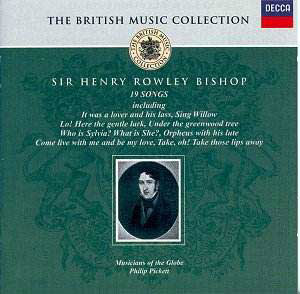 Composer: Sir Henry Rowley Bishop
Composer: Sir Henry Rowley Bishop
Works: Nineteen songs for Shakespeare: Lo! Here the Gentle Lark, Welcome to this Place, Should He Upbraid, Who is Sylvia I and II, That Time of Year, When that I Was and Little Tiny Boy, Come Live With Me, Hark, Hark Each Spartan Hound, Oh! Never Say, Sing Willow, It Was a Lover and His Lass, Under the Greenwood Tree, Take, oh Take Those Lips Away, Flower of the Purple Dye, Now the Hungry Lions Roar, Orpheus With His Lute, Come Thou Monarch of the Vine, Spirits Advance.
Performers: Musicians of the Globe/Philip Pickett
Recording: ADD 1998?
Label: DECCA – THE BRITISH MUSIC COLLECTION 470 381-2 [67’09”]
Sir Henry Rowley Bishop, an often overlooked figure in the pantheon of British composers, emerges from the shadows with this collection of songs inspired by Shakespeare’s works. Bishop’s contributions to the operatic landscape of the early 19th century, particularly his involvement with Covent Garden, positioned him as a significant figure in the Victorian musical milieu. His compositions, which are imbued with a melodic charm reminiscent of Mozart, often reflect a delightful blend of operatic flair and the lyrical quality that Shakespeare’s texts naturally evoke. This recording, featuring nineteen songs, provides a compelling exploration of Bishop’s adaptations, showcasing his ability to distill the essence of Shakespeare into song.
The performances by Philip Pickett and the Musicians of the Globe are marked by an admirable stylistic integrity. Susan Gritton, in particular, shines in her renditions, showcasing an impressive command of coloratura in “Lo! Here the Gentle Lark.” The technical clarity she brings to the intricate passages allows the listener to fully appreciate Bishop’s melodic inventiveness. Gritton’s interpretation, coupled with her pristine diction, breathes life into the text, an essential quality given the absence of printed lyrics in the booklet. Julia Gooding complements Gritton beautifully, especially in “It Was a Lover and His Lass,” where her interpretation carries a delightful blend of playfulness and poignancy, capturing the essence of pastoral romance.
The ensemble’s cohesion is commendable, with moments of particular brilliance in the duet “Orpheus With His Lute,” which stands out as a treasurable highlight. Mark Tucker’s tenor solos resonate with an elegant expressiveness, notably in the Oberon pieces from “A Midsummer Night’s Dream,” where he deftly navigates the lyrical demands with sensitivity and nuance. The ensemble work, especially the huntsman’s chorus, evokes a vivid sense of place and character, drawing on the theatricality intrinsic to both Shakespeare’s plays and Bishop’s settings.
Sound quality is notably clear and well-balanced, allowing the listener to appreciate the rich textures Bishop employed. The engineering captures the warmth of the ensemble, creating an inviting soundscape that enhances the listening experience. Compared to other recordings of Bishop’s works, this collection stands as a definitive tribute, avoiding the pitfalls of merely cataloging lesser-known pieces and instead presenting them with a vigor that demands attention.
Bishop’s music, while perhaps not ascending to the heights of the first rank, possesses an undeniable charm and craftsmanship that merits exploration. This recording serves as a valuable entry point into his oeuvre, revealing a composer capable of creating tuneful, engaging music that resonates with the spirit of the texts he adapted. For those willing to delve into the lesser-known corners of the British musical landscape, this collection is an essential listening experience.
